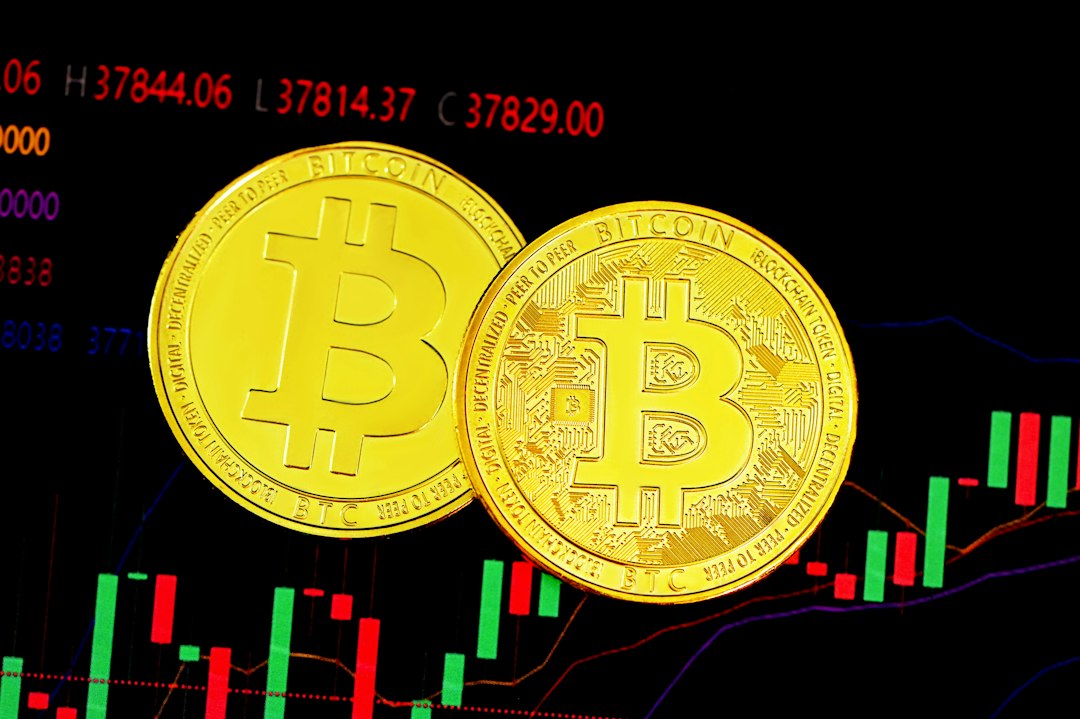U.S. Officials Call for Investigation into Binance and Tether
Two U.S. elected officials have written a letter to the Department of Justice, urging them to conclude their investigation into Binance and Tether. The call for action comes in response to an article published by the Wall Street Journal (WSJ) alleging that Hamas raised millions through cryptocurrencies. However, this claim has been refuted by blockchain data companies like Elliptic.
Senator Cynthia Lummis, who sits on the Senate Banking Committee, acknowledged the potential inaccuracies in the WSJ report but emphasized the importance of holding bad actors accountable if they facilitate illicit activity. Lummis also highlighted the closure of 100 Binance accounts by Israeli authorities due to their connection with illicit wealth.
The letter was co-signed by Representative French Hill, Chair of the House Financial Services Subcommittee on Digital Assets.
U.S. Policymakers React to Misinterpreted News
This letter from Senator Lummis and Representative Hill is the latest response from U.S. policymakers regarding misinterpreted news articles about crypto activities linked to terror financing. Senator Elizabeth Warren has rallied 20 percent of Congress to demand stricter regulations on digital assets and operators involved in unlawful transactions. Warren cited the controversial WSJ article that claimed nearly $100 million in illicit wealth was funneled to terror groups through cryptocurrencies.
In response to these concerns, the Treasury Department has proposed new rules targeting crypto mixers. Meanwhile, Binance is facing legal challenges from the Securities and Exchange Commission, and Tether plans to increase industry confidence by publishing real-time reserve data for its stablecoin USDT.
Hot Take: U.S. Officials Push for Accountability in Crypto Industry
U.S. officials are increasing pressure on crypto industry stakeholders by calling for investigations into Binance and Tether. While some news reports linking crypto to illicit activities have been refuted, policymakers are emphasizing the need to hold bad actors accountable. This push for accountability comes amid concerns over terror financing and money laundering in the crypto space. The ongoing legal battles and proposed regulations reflect a growing effort to regulate and monitor digital assets. As the crypto industry continues to evolve, it is likely that policymakers will play a significant role in shaping its future.





 By
By
 By
By
 By
By
 By
By
 By
By
 By
By